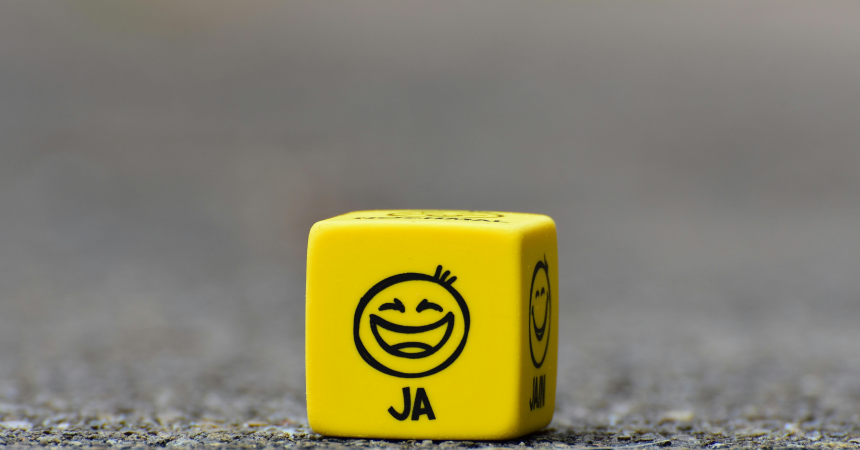Emotional regulation plays a crucial role in the recovery process. Many individuals struggling with addiction turn to substances as a way to manage overwhelming emotions. Without effective emotional regulation skills, stress, anxiety, and negative emotions can become major relapse triggers.
At Shoreline Recovery Center, we emphasize the importance of developing healthy emotional regulation strategies to support lasting sobriety and overall well-being.
What Is Emotional Regulation?
Emotional regulation refers to the ability to manage and respond to emotional experiences in a healthy and constructive way. It involves recognizing emotions, understanding their impact, and using appropriate coping mechanisms to handle them without resorting to harmful behaviors. Emotional regulation is not about suppressing feelings but rather about processing and expressing them in a way that promotes mental health and stability.
The Connection Between Emotional Regulation and Addiction
Substance use often begins as a coping mechanism for managing difficult emotions such as stress, trauma, anxiety, and depression. Over time, reliance on substances to regulate emotions can create a cycle of addiction, making it even harder to deal with emotions naturally. Recovery requires breaking this cycle by developing alternative methods to handle emotional distress.
Individuals in early recovery may experience heightened emotions as their brain chemistry stabilizes. Without the numbing effects of substances, feelings of sadness, anger, and frustration may feel overwhelming. This is why learning emotional regulation techniques is a crucial part of the healing journey.
Effective Emotional Regulation Strategies for Recovery
At Shoreline Recovery Center, we incorporate evidence-based techniques to help individuals develop emotional regulation skills. Here are some key strategies:
Mindfulness and Meditation
Practicing mindfulness helps individuals stay present in the moment and observe their emotions without judgment. Meditation, deep breathing, and grounding exercises can reduce stress and prevent impulsive reactions to negative emotions.
Cognitive Behavioral Therapy (CBT)
CBT helps individuals identify and reframe negative thought patterns that contribute to emotional distress. By challenging irrational beliefs and replacing them with healthier perspectives, individuals can improve their emotional responses.
Healthy Outlets for Expression
Journaling, art therapy, and talking to a therapist or support group can provide safe ways to express emotions. Engaging in creative activities allows individuals to process feelings in a constructive way.
Physical Activity
Exercise releases endorphins, which help regulate mood and reduce stress. Activities such as yoga, running, or even a simple walk can be powerful tools for emotional regulation.
Self-Compassion and Acceptance
Recovering individuals must learn to treat themselves with kindness. Acknowledging emotions without self-judgment fosters a healthier relationship with oneself and reduces the urge to escape through substances.
Building a Strong Support System
Connecting with supportive friends, family, or a recovery community provides a sense of belonging and emotional stability. These types of supportive systems also offer guidance and encouragement.
The Benefits of Emotional Regulation in Recovery
When individuals develop strong emotional regulation skills, they experience several benefits, including:
- Reduced risk of relapse
- Improved relationships
- Enhanced mental well-being
- Increased self-awareness and confidence
- Greater resilience in handling life’s challenges
At Shoreline Recovery Center, we are committed to helping individuals cultivate these skills to support their journey to long-term sobriety. Our holistic approach to addiction treatment incorporates therapy, mindfulness practices, and personalized support to empower individuals to take control of their emotional health.
If you or a loved one is struggling with addiction and emotional regulation challenges, we are here to help. Contact Shoreline Recovery Center today to learn more about our programs and start your path to a healthier, more fulfilling life.







